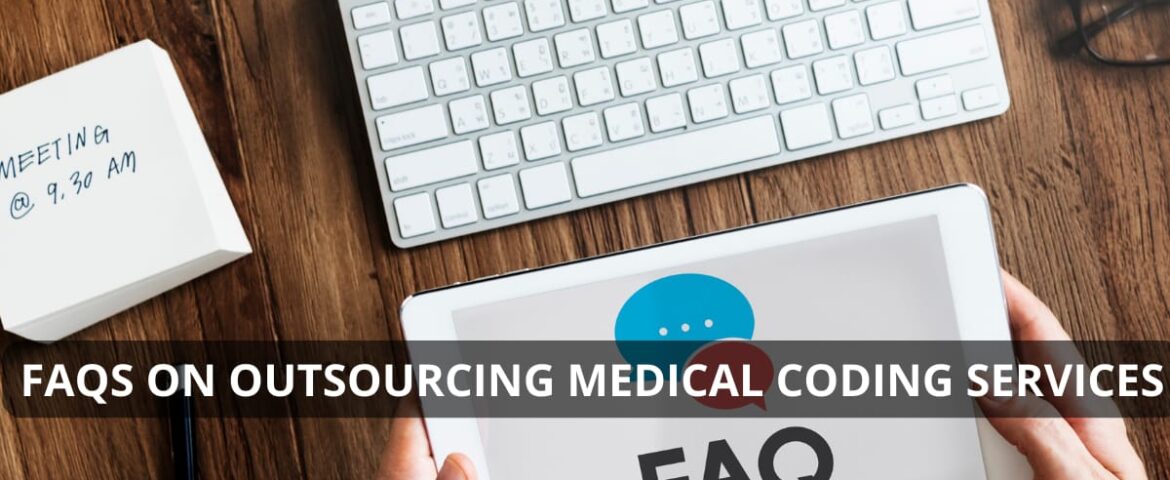When you outsource medical coding to O2I, you’ll have access to AAPC certified coders who can improve the accuracy of your code selections thanks to their specialist subject knowledge.
Medical billing returns, claim denials, and rejections can all be affected by accurate medical coding services. You can benefit from error-free claims by outsourcing medical coding services. Increase your revenue by outsourcing medical coding services to O2I.
Three types of medical coding –
- ICD-10 – The International Classification of Diseases, Tenth Edition, is abbreviated as “ICD-10.” In the United States, the system went into operation in 2015. ICD-10 was released as a replacement for ICD-9, with more codes and classifications for newer diseases and diagnoses. The World Health Organization owns the ICD-10 codes, which have been accepted by governments all around the world. ICD-10-CM (Clinical Modification) is used for diagnosis, while ICD-10-PCS (Procedure Coding System) is used for inpatient hospital operations in the United States. ICD-10 had a long time to catch on, but it is now widely used around the world and covers the great majority of diagnoses and procedures.
- CPT – These are the standard codes used in most medical settings nowadays, and they stand for “Current Procedural Terminology.” The codes are divided into three groups and are changed annually:
- Category 1 – Five-digit codes with descriptions that correspond to a service or procedure.
- Category 2 – Alphanumeric tracking codes used for execution measurement.
- Category 3 – Provisional codes for new and developing technology, procedures, and services.
- HCPCS Level II – HCPS stands for “Healthcare Common Procedural Coding System” and is based on CPT. HCPCS Level II codes are generally used for supplies and products that are not directly related to a physician, for example, ambulance services, drugs, etc.
Are you aware of common medical coding risk areas?
Upcoding – When clinicians record higher-level operations or services than can be proven, or by an unsupported medical diagnosis or other facts, this is known as upcoding. Upcoding creates a significant risk of non-compliance, which can lead to audits and charges of fraudulent billing practises. Unscrupulous providers profit handsomely from deliberate upcoding, which costs taxpayers billions of dollars each year.
Downcoding – Downcoding (or undercoding) is the polar opposite of upcoding, in which documentation information that are required to give a diagnosis, service, or operation the highest level of specificity are deleted. Some providers purposefully undercode in the hopes of reducing the likelihood of denied claims or audits. The truth is that all claims must be categorised as completely and properly as possible; in fact, improving accuracy in linking diagnosis with treatment or services was one of the main motivations for the changeover to ICD-10.
“If an HCPCS/CPT code exists that describes the services provided, the physician must record that code rather than a less comprehensive code with additional codes detailing services not covered by the less comprehensive code.”
Unbundling – Unbundled claims are bills that have been split down and billed independently to maximize potential reimbursement, usually for groups of services. This is common in lab billing. For example, commonly ordered lab test panels contain codes for individual tests as well as when purchased in groups. Providers and others unfairly raise reimbursement amounts by charging for individual tests rather than as a group.
For more information visit i-conic solutions






